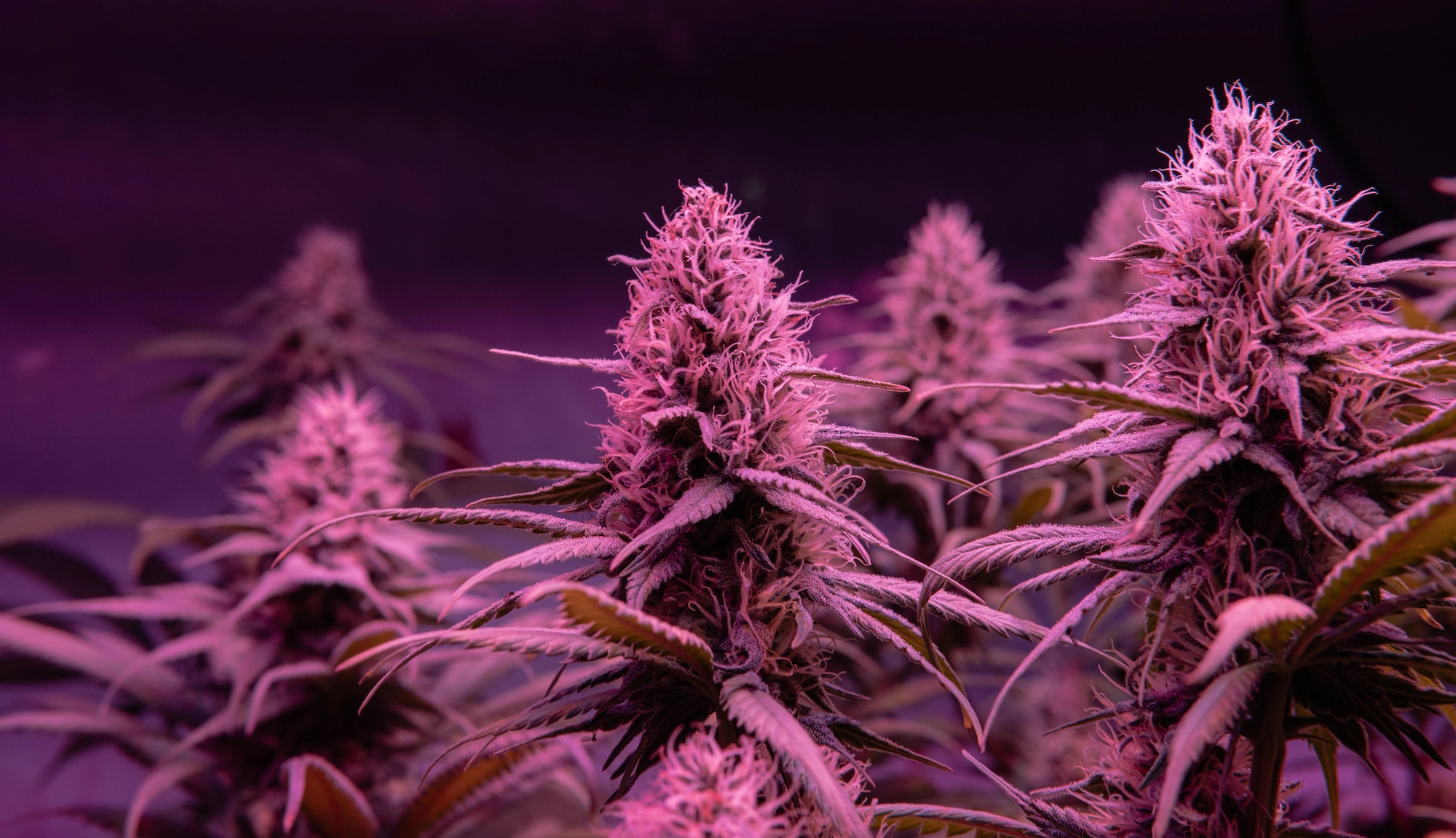Delving into the World of Cannabinoids
Cannabis research has revealed myriad compounds that interact with the human endocannabinoid system, producing various effects on the body and mind. Among these compounds, tetrahydrocannabinol (THC) is the most well-known, responsible for the psychoactive effects associated with cannabis. Recently, a new cannabinoid, tetrahydrocannabiphorol (THCP), has piqued the interest of scientists and consumers alike. This article will explore the differences between THC and THCP gummies, highlighting their unique properties and potential benefits.
Understanding THC Gummies
They are edible cannabis products that contain the psychoactive compound THC derived from the cannabis plant. These gummies are typically consumed for their relaxing and mind-altering effects and potential therapeutic benefits. Some of the attributes of THC edibles include the following:
- Psychoactivity: THC edibles produce psychoactive effects, causing euphoria, relaxation, and heightened sensory experiences.
- Legality: In regions where cannabis is legal for medicinal or recreational use, it can be purchased from licensed dispensaries or made at home using cannabis-infused oils or tinctures.
- Dosage: They come in various dosages, allowing consumers to choose a product that suits their needs and tolerance levels.
- Onset and Duration: The effects of the gummies typically take 30 minutes to 2 hours to manifest and can last for several hours, depending on the individual’s metabolism and the dosage consumed.
Exploring the Newly Discovered THCP
Tetrahydrocannabiphorol (THCP) is a recently discovered cannabinoid with a similar molecular structure to THC. Preliminary research indicates that THCP may have a stronger binding affinity for the cannabinoid receptors in the human body, potentially resulting in more potent effects. Some characteristics of THCP include:
- Potency: Early studies suggest that THCP may be significantly more potent than THC, with a higher binding affinity for the CB1 and CB2 receptors in the endocannabinoid system.
- Rarity: THCP is found in much lower concentrations in the cannabis plant than THC, making it more challenging to isolate and study.
- Research Status: As a recently discovered compound, research on THCP is limited, and much remains to be learned about its effects and potential benefits.
Comparing the Effects of THCP and THC Gummies
While both THCP and THC interact with the human endocannabinoid system, their effects may differ due to their distinct chemical structures and binding affinities. Some key differences include the following:
- Potency: THCP is thought to be more potent than THC, potentially producing stronger effects at lower doses. This increased potency could result in heightened psychoactivity and more pronounced therapeutic benefits.
- Duration: The duration of effects for THCP is currently unknown, as research is still in its infancy. However, given its stronger binding affinity, it is possible that THCP’s effects could last longer than those of THC.
- Tolerance: As THCP is believed to be more potent than THC, users may develop a tolerance to its effects more quickly, necessitating dose adjustments to achieve the desired results.
- Side Effects: The side effects of THCP have not been thoroughly studied, but it is possible that its greater potency could result in more pronounced or additional side effects compared to THC.
Potential Therapeutic Applications
Both have been suggested to offer therapeutic benefits due to their interactions with the endocannabinoid system. However, the specific applications and efficacy of each compound may vary. Some potential therapeutic uses include:
- Pain Management: THC is known to relieve chronic pain, and THCP’s increased potency could offer even more effective pain management for certain individuals.
- Anti-Inflammatory Properties: Both are thought to possess anti-inflammatory properties, which could benefit individuals suffering from conditions such as arthritis or inflammatory bowel disease.
- Neuroprotection: Preliminary research on THCP suggests that it may have neuroprotective effects, potentially offering benefits for individuals with neurodegenerative diseases. Further research is needed to confirm these findings and compare them to the known neuroprotective properties of THC.
- Anxiety and Depression: THC and THCP gummies may help alleviate symptoms of anxiety and depression in some individuals.
The Future of THCP and THC Gummies
As research into cannabinoids continues to expand, the potential applications and benefits of compounds like THCP and THC will likely become better understood. Future studies may uncover additional differences between these cannabinoids, revealing unique properties and therapeutic potentials.
In conclusion
While both interact with the human endocannabinoid system, they possess distinct characteristics that set them apart. THCP, with its potentially higher potency and stronger binding affinity, could offer a new avenue for cannabinoid-based therapies. However, much remains to be discovered about this novel compound, and further research is needed to fully understand its effects and potential applications. Meanwhile, THC gummies continue to be a popular choice for those seeking the psychoactive and therapeutic effects of cannabis in a discreet and convenient form. As the world of cannabinoids evolves, consumers can look forward to a greater understanding of these fascinating compounds and their potential to improve well-being.




